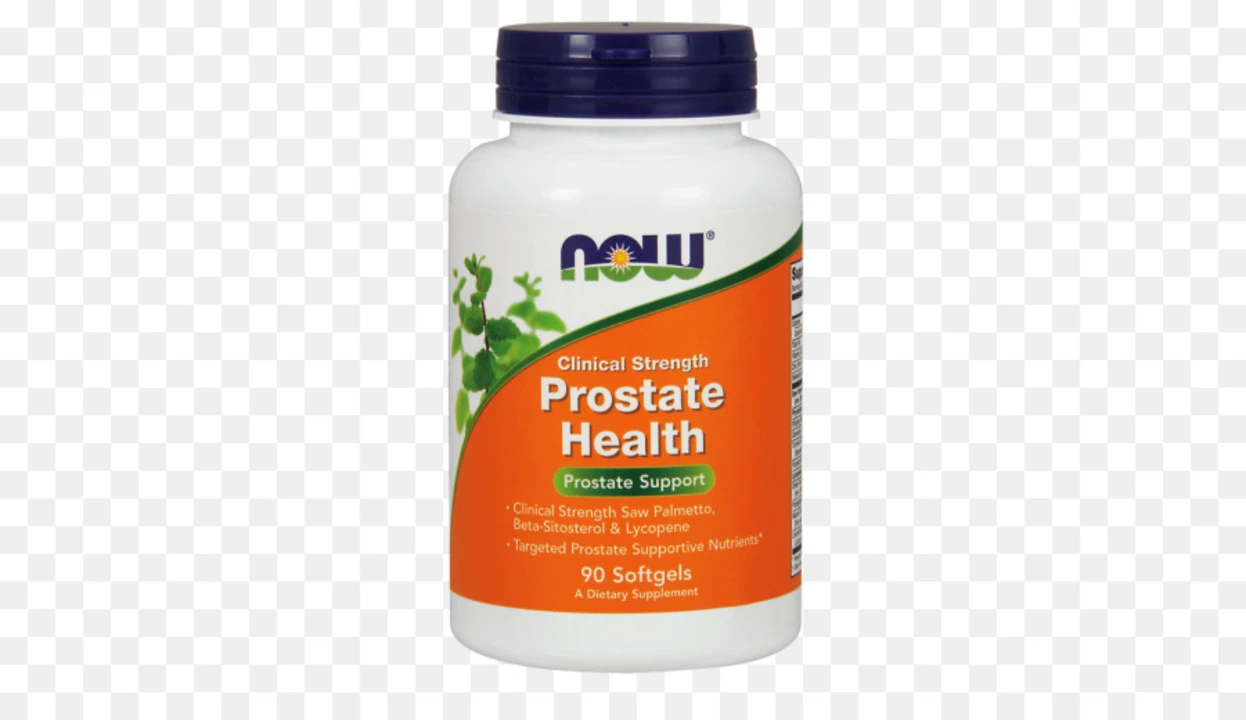Beta-Carotene: What It Is and Why You Need It
Ever wonder why carrots are good for your eyes? The secret is beta‑carotene, a plant pigment that turns into vitamin A once it’s digested. Vitamin A helps the retina capture light, keeps skin smooth, and backs up your immune system. If you’re missing it, you might feel tired, have dry skin, or notice blurry vision.
Beta‑carotene is an antioxidant too, which means it fights free radicals that can damage cells over time. Adding more of it to your meals can boost overall health without any fancy supplements—though they’re useful if you can’t get enough from food.
Top Food Sources of Beta‑Carotene
The easiest way to up your intake is to load up on colorful veggies and fruits. Here are the best choices:
- Sweet potatoes: One medium tuber gives you more than enough for a day.
- Carrots: Raw or cooked, they’re the classic beta‑carotene carrier.
- Butternut squash: Warm soups make it a tasty, nutrient‑dense option.
- Spinach and kale: Leafy greens pack a punch when you sauté them lightly.
- Mangoes and apricots: Sweet fruit snacks that double as beta‑carotene boosters.
Cooking can actually increase the amount your body absorbs, so don’t shy away from steaming or roasting. Pairing these foods with a little healthy fat—like olive oil or avocado—helps your gut pull the pigment into the bloodstream more efficiently.
Supplementing Safely
If you’re vegetarian, have limited access to fresh produce, or need extra support during pregnancy, a beta‑carotene supplement might be worth considering. Look for products that list “beta‑carotene (from algae or carrots)” and avoid anything that promises mega‑doses without clear dosage info.
A typical adult dose ranges from 6 mg to 15 mg per day, which translates to about 10,000–25,000 IU of vitamin A when converted. Staying below 30 mg (about 50,000 IU) is safe for most people; higher amounts can lead to a harmless yellow tint in the skin called carotenemia.
Before you start, check with a doctor if you’re taking cholesterol‑lowering meds or have liver issues, because beta‑carotene can interact with some medications. Also, smokers should be cautious—high doses have been linked to an increased lung cancer risk in that group.
In practice, the best plan is simple: eat a rainbow of fruits and veggies most days, add a dash of healthy fat, and consider a low‑dose supplement only if your diet falls short. That combo gives you steady vitamin A levels without overloading your system.
Got questions about how much beta‑carotene fits into your routine? Drop a comment or reach out—your eye health and glowing skin will thank you!

The Science Behind Beta-Carotene: How This Dietary Supplement Can Transform Your Health
Caspian Mortensen May, 29 2023 17In my latest blog post, I delve into the science behind beta-carotene, a powerful dietary supplement that can significantly improve our health. As a precursor to vitamin A, beta-carotene plays a crucial role in maintaining healthy skin, eyes, and immune system. Richly found in colorful fruits and vegetables, this antioxidant also protects our cells from damage caused by free radicals. I discuss how incorporating beta-carotene-rich foods into our diets can lead to transformative health benefits. Don't miss this informative piece on the wonders of beta-carotene and its impact on our well-being!
More Detail